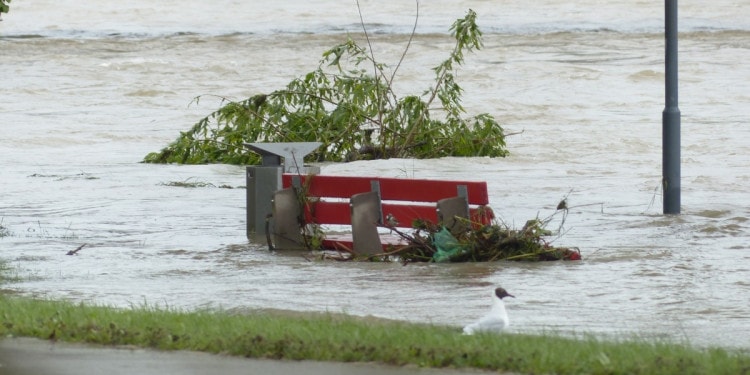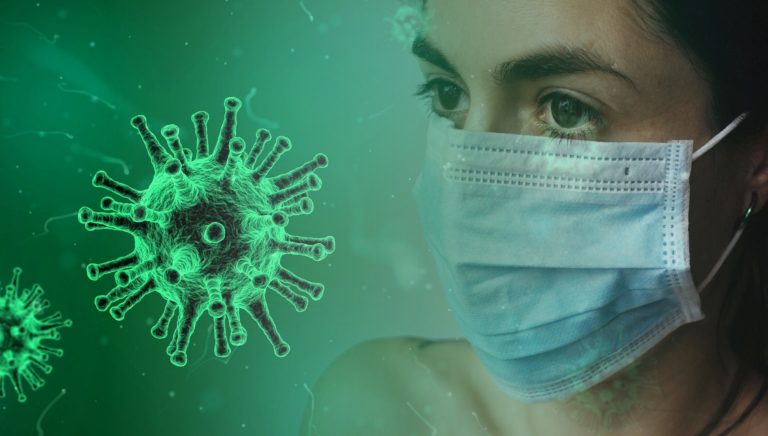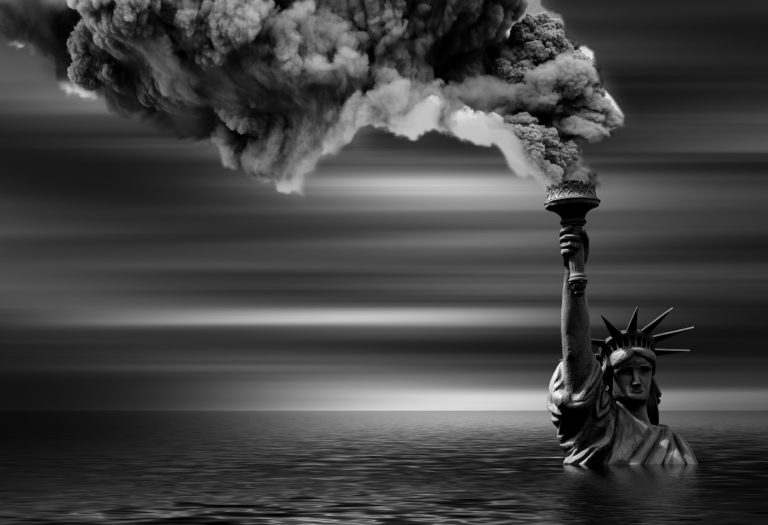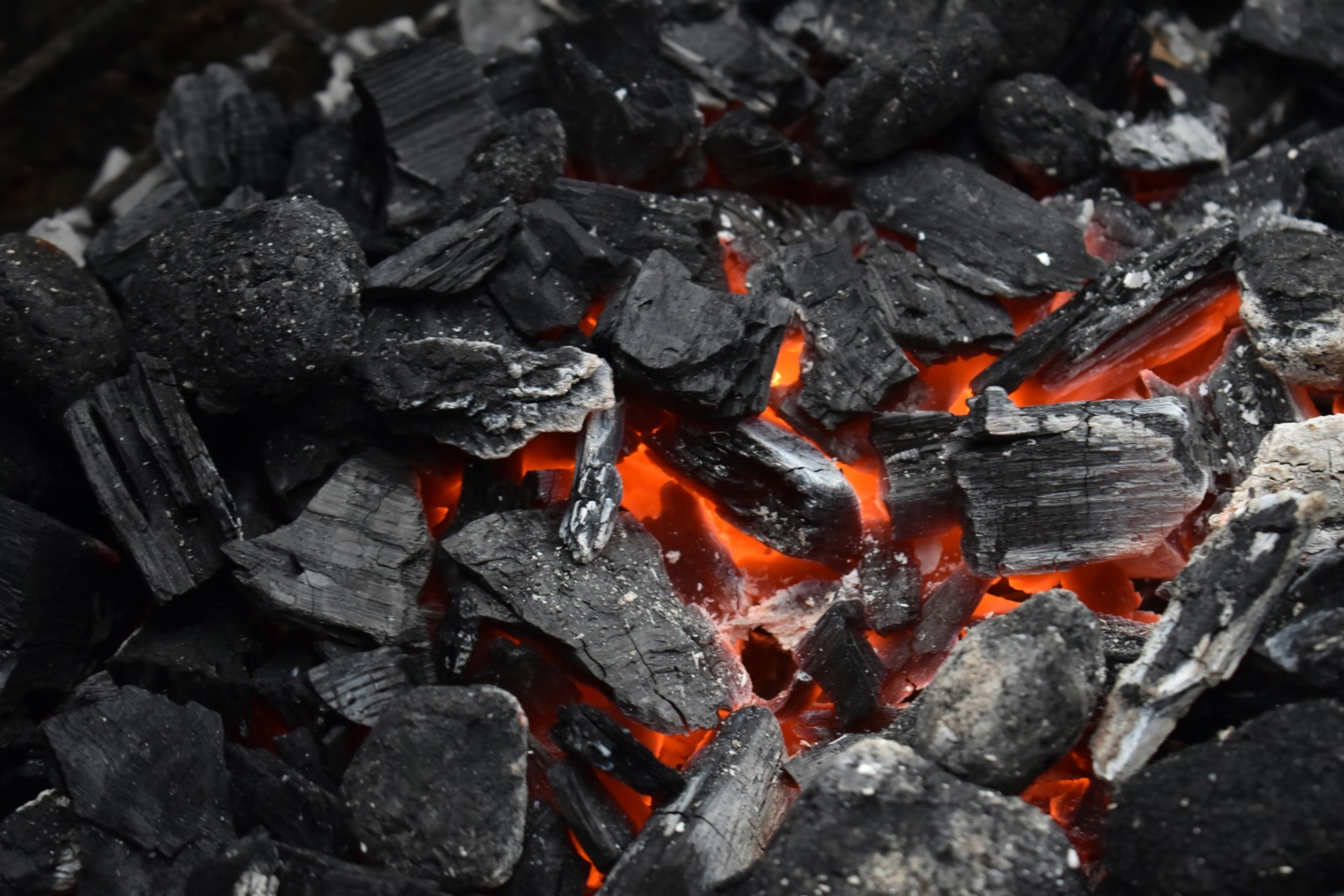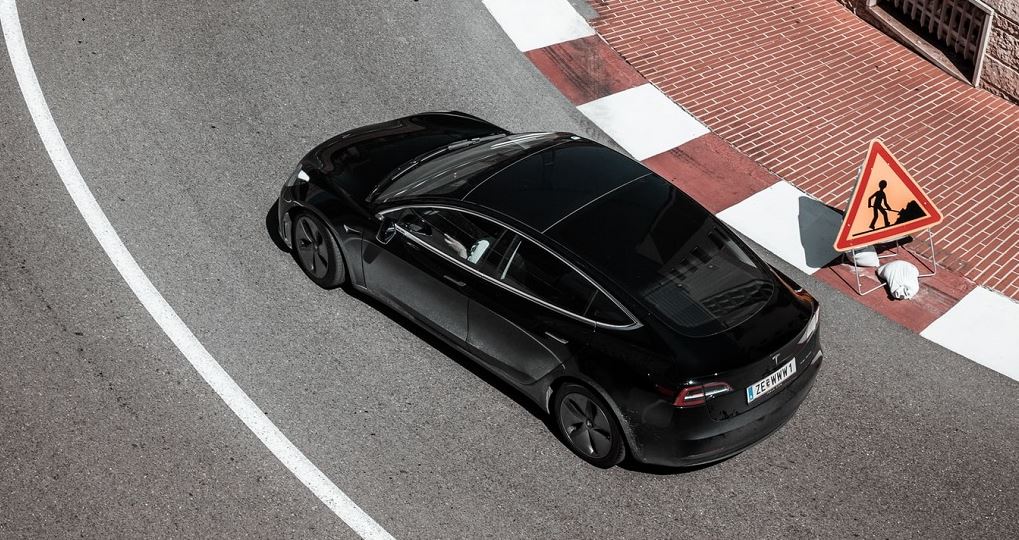In the social madness of the last few days, there is no shortage of people who ironize about Greta Thunberg, who nevertheless carried on her global strike for the climate online. Someone less informed might ask what happened to the Swedish activist as the coronavirus emergency jumped to the top of global concerns, obscuring her commitment to the climate emergency. Others joke that a few weeks of COVID-19 was enough to clean up the air of the most industrialized areas (including Northern Italy).
And now what will you do?

For heaven’s sake, in a time when staying at home (as we do here in Italy) increases the possibility of spending time on social media, everything is allowed, let alone humor. Beyond the more or less successful jokes (hoping that they are merely irony and not real mockery), an essential consideration needs to be made: climate change risks making the spread of Covid-19 appear like a health walk. One of those walks now prohibited (or not recommended) in the streets and the parks of Italian cities.
In short, compared to the expected impact of climate change, the coronavirus looks like a walk in the park.
The home as an anti-Coronavirus refuge
Today to stop the advance of the virus, it is enough to adopt prudent behaviors. We can curb the spread of Covid-19 by sitting on the sofa at home in front of the television, lying in bed, perhaps reading a good book, or working hard in the preparation of some recipes in the kitchen. But we have, in any case, the certainty of being able to benefit from the supply of basic necessities.
All this is an enormous effort, of course, at times it may appear titanic as it distorts the well-established lifestyles we engaged in just a few weeks ago and puts the economy under severe stress. But it remains a challenge that we are able to confront.
So, despite its harshness, the battle against Covid-19 could prove a no brainer compared to what we can expect from global warming. Faced with the uncontrolled rise in temperatures (which, moreover, is already well underway), the unavoidable effect will be the collapse of entire coastal cities, which would force hundreds of thousands of people who live there to flee.
In fact, in the event of a worst-case scenario, there will be no so-called comfort zones. For nobody. As any climate fiction novel or the recently published Italian novel Fine tells us so well.
With climate collapse, production systems are overwhelmed
Houses would no longer be safe anti-virus shelters, as today, because water would flood them. And the possibility of obtaining basic necessities would be severely at risk, as entire production systems would be much more damaged compared to what is happening now in these dramatic hours with Covid-19.
It is true, it seems a catastrophic vision, almost like a science fiction story, but we must be aware that the consequences of climate change are precisely these: they lead to disaster.
And this is also why production systems need to change, following the roadmap laid out by the EU in the European Green New Deal, including the Farm to Fork strategy for sustainable food.
Now, in recent weeks, the alarm for Covid-19 has triggered a virtuous reaction. At last, we have increased attention to what the experts are saying. In this case, virologists, infectious disease specialists, and epidemiologists.
And from this we can draw a valuable lesson: always listen to the experts. Including climate experts that predict the collapse of the planet. A group of climatologists (here our interview with leading Italian expert Luca Mercalli) to whom the much-derided Greta has only given greater visibility.


